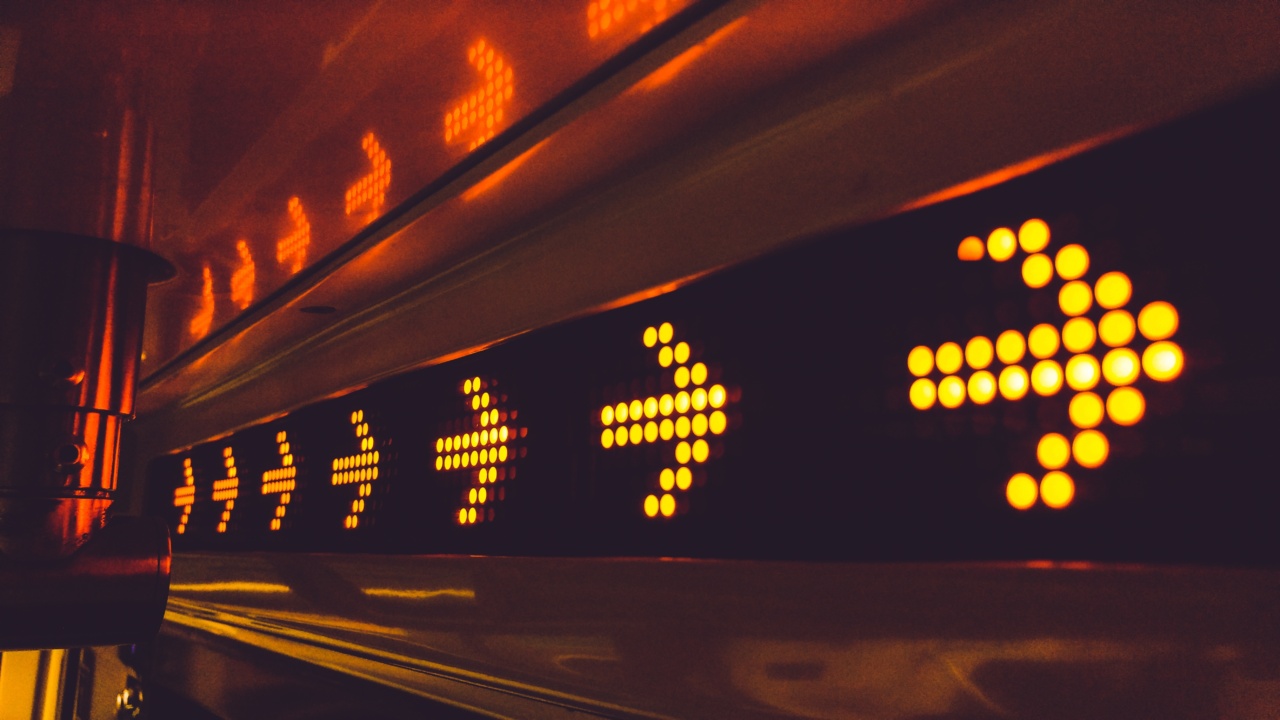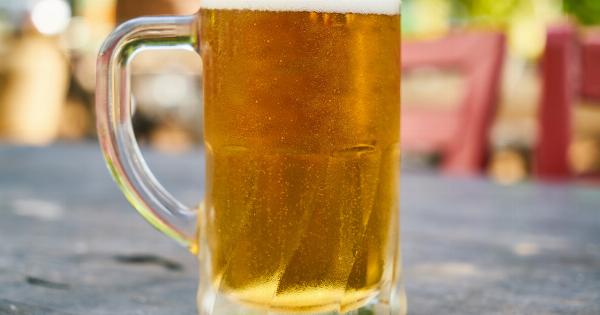For many people, a cup of coffee in the morning is an essential part of their daily routine. The caffeine in coffee provides a much-needed energy boost to start the day.
However, the energy spike that comes with coffee consumption can sometimes be overwhelming, leading to jitters, restlessness, and ultimately a crash.
If you find yourself experiencing these symptoms after drinking coffee, don’t worry! In this ultimate guide, we will explore various strategies to decrease coffee’s energy spike, allowing you to enjoy the benefits of coffee without the negative side effects.
1. Choose a Lighter Roast
The level of roasting affects the caffeine content in coffee. Darker roasts have less caffeine compared to lighter roasts. Therefore, choosing a lighter roast can help decrease the energy spike associated with coffee.
Lighter roasts also tend to have a brighter, more acidic flavor profile, which can be a refreshing change if you’re used to dark, bold coffees.
2. Opt for Decaf or Half-Caffeinated Coffee
If you love the taste of coffee but want to minimize the energy spike, decaf or half-caffeinated coffee options are worth considering.
Decaffeinated coffee goes through a process that removes up to 97% of the caffeine content, making it a suitable alternative for those sensitive to caffeine. Half-caffeinated coffee blends offer a middle ground, reducing the caffeine intake while still providing some energy boost.
3. Pair Coffee with Healthy Fats
Adding healthy fats to your coffee can help slow down the absorption of caffeine, resulting in a more gradual and sustained release of energy. Try adding a teaspoon of coconut oil, grass-fed butter, or ghee to your coffee.
These fats not only enhance the flavor but also provide additional health benefits.
4. Drink Water Alongside Coffee
Staying hydrated is essential, especially when consuming caffeine. Drinking water alongside your coffee can help prevent dehydration and dilute the caffeine in your system, which may help lessen the energy spike.
Aim to drink at least one glass of water for every cup of coffee you consume.
5. Limit Coffee Consumption to the Morning
The timing of your coffee consumption also plays a role in its energy effects. Caffeine has a half-life of about 5-6 hours, meaning it takes that long for the caffeine concentration in your body to decrease by half.
To avoid disrupting your sleep patterns, it is advisable to limit coffee consumption to the morning hours.
6. Experiment with Alternative Caffeinated Beverages
If you enjoy the ritual of sipping a warm beverage but want to reduce the energy spike, consider exploring alternative caffeinated drinks.
Matcha tea, for example, provides a more sustained release of energy due to its unique combination of caffeine and L-theanine. Herbal teas, such as chamomile or peppermint, are excellent non-caffeinated options for a relaxing and soothing experience.
7. Practice Mindful Coffee Consumption
Mindfulness can significantly impact how we experience the effects of coffee. Instead of mindlessly gulping down your cup of joe, take the time to savor each sip. Pay attention to the aroma, taste, and the way it makes you feel.
This mindful approach can help you tune in to your body’s reaction and potentially reduce any negative energy spikes.
8. Try Cold Brew or Iced Coffee
The brewing method can also influence the energy spike of coffee. Cold brew coffee, brewed with cold water over an extended period, tends to have a lower acidity level and a smoother flavor profile.
This can result in a less intense energy spike compared to regular hot brewed coffee. Similarly, iced coffee is typically brewed double-strength and poured over ice, which naturally dilutes the caffeine content.
9. Consider Herbal Alternatives
If you’re looking to steer clear of caffeine altogether, a range of herbal alternatives can provide a similar sensory experience without the energy spike.
Chicory root coffee, dandelion root coffee, and herbal coffee blends made from roasted grains, nuts, and seeds are popular caffeine-free alternatives that mimic the taste and ritual of coffee drinking.
10. Take Regular Breaks from Caffeine
If you find that coffee’s energy spike is consistently too much for you to handle, it might be worth considering taking regular breaks from caffeine.
This allows your body to reset its tolerance and sensitivity to caffeine, making the energy effects feel less overpowering when you reintroduce coffee to your routine.
By implementing these strategies, you can decrease coffee’s energy spike and enjoy the benefits of coffee without the unwanted side effects.
Remember, everyone’s sensitivity to caffeine varies, so feel free to experiment and find what works best for you. Start your journey towards a more balanced coffee experience today!.






























